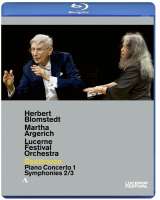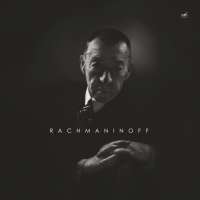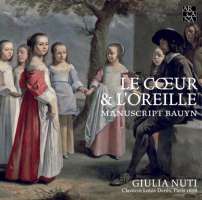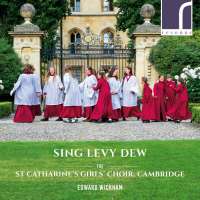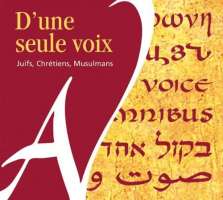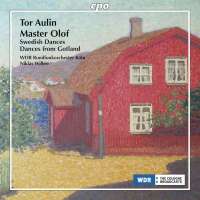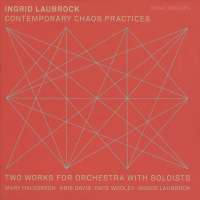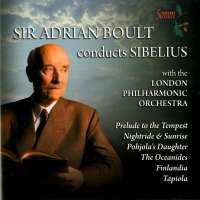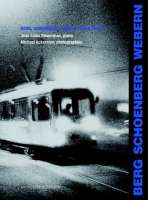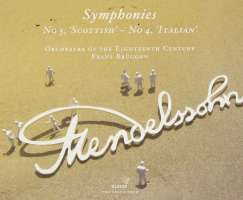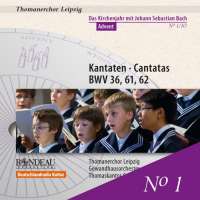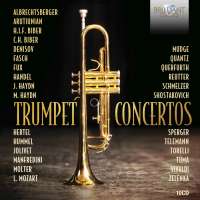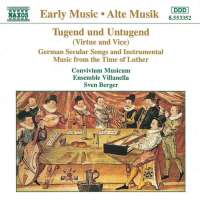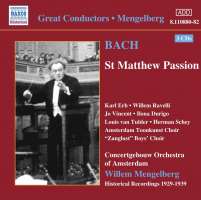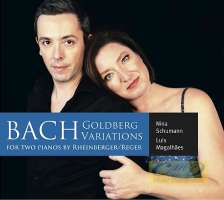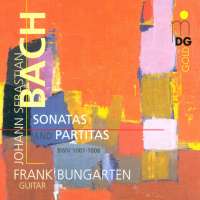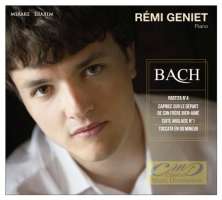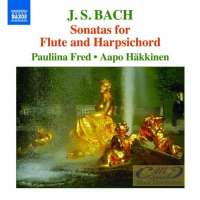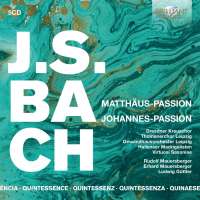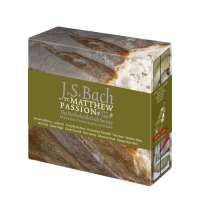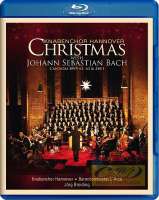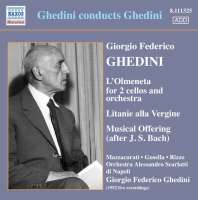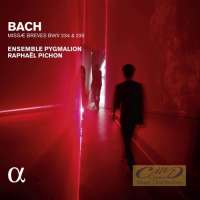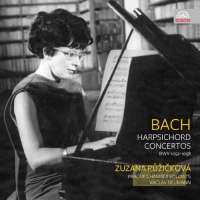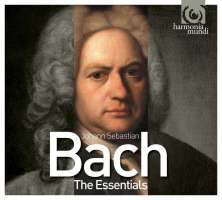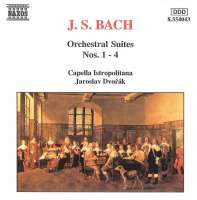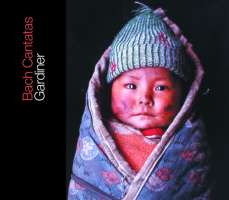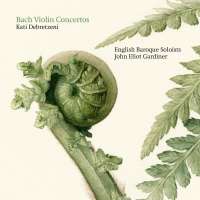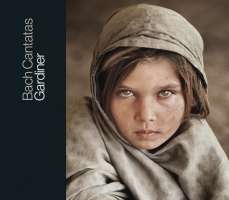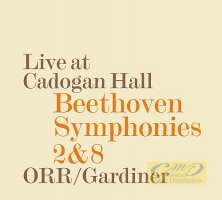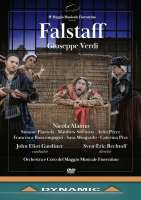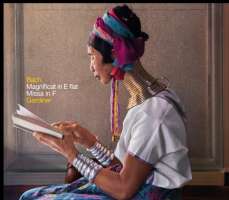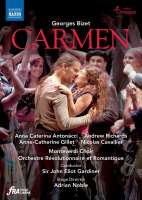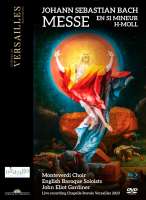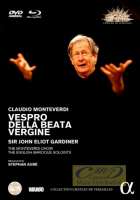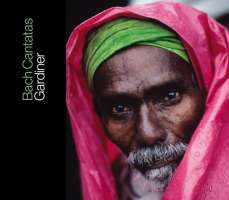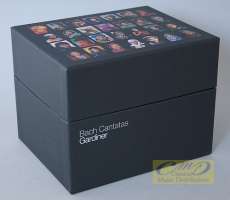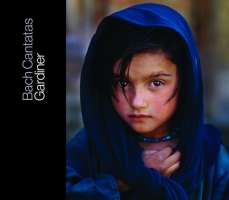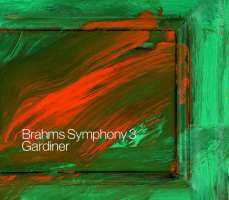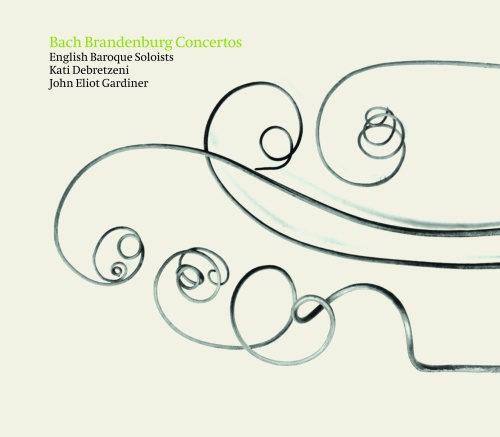
classical music distribution

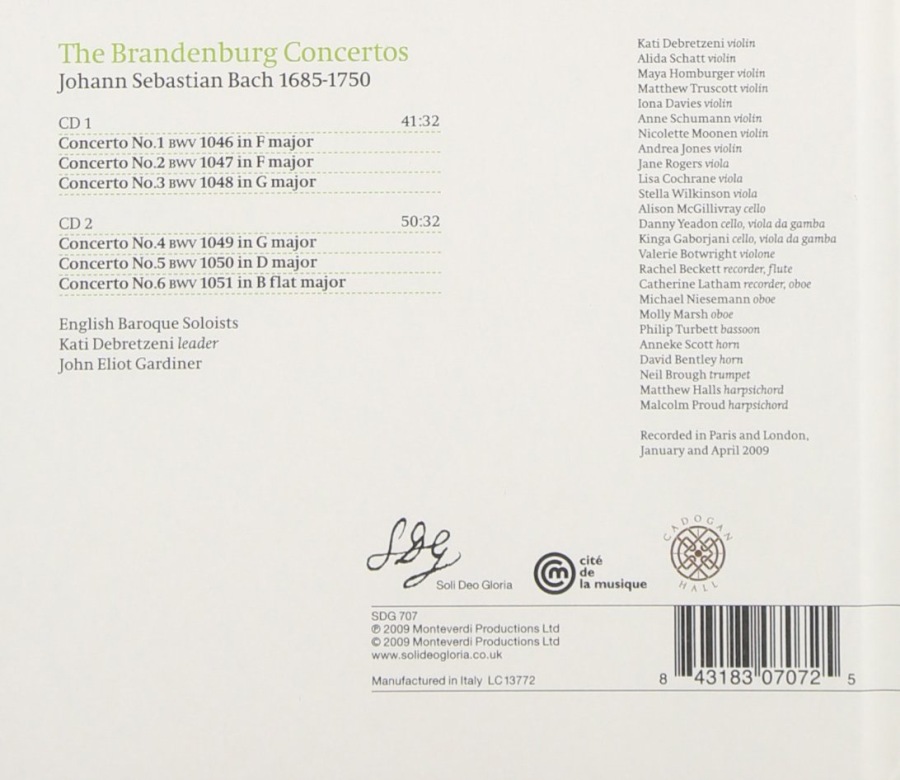
BACH: Brandenburg Concertos
English Baroque Soloists;
Debretzeni, Kati

cena 99,00 zł
lubProdukt dostepny w niewielkiej ilości.
Wysyłka w ciągu 3 dni roboczych
Darmowa wysyłka dla zamówień powyżej 300 zł!
Darmowy kurier dla zamówień powyżej 500 zł!
sprawdź koszty wysyłkiRecenzje naszych klientów
Choć trudno w to uwierzyć - zespól Gardinera w ciągu kilkudziesięciu lat błyskotliwej kariery (...)
Jan Hryniewicz
13.01.2010
Choć trudno w to uwierzyć - zespól Gardinera w ciągu kilkudziesięciu lat błyskotliwej kariery nigdy nie nagrał Koncertów Brandenburskich! Ja również nie wierzyłem, dopóki nie uzyskałem stosownej informacji z impresariatu The English Baroque Soloists.
A zatem to swoisty debiut, i to poza wielkimi wytwórniami ...
Skoro tak długo czekano - to może szykowano dla nas coś specjalnego? I tak, i nie.
Wymieńmy najpierw plusy brzmieniowe nagrania: przejrzystość, lekkość i dużo powietrza. Ale teraz to już norma. Ciężkie barokowe granie to obecnie specjalność niewielu zespołów, takich jak np. epatująca ołowianym urokiem Venice Baroque Orchestra.
Zatem lekkość i przestrzeń ... Ale czy czegoś się przy tym nie traci? Tu wspominam z rozczuleniem Koncerty w nagraniu Raymonda Lepparda: było to wiele lat temu i grało się inaczej, ale w tamtym nagraniu było to \"coś\", co można nazwać tajemnicą.
Teraz barokowe granie, jak współczesna kobieta, ma dużo więcej blasku, ale nie ma w sobie zagadki.
Nagranie jest wirtuozowskie. Aż się w głowie kręci od perfekcyjnych popisów solistów: nieprawdopodobna trąbka w II Koncercie, roztańczony III Koncert, przepiękne barwy instrumentów w IV Koncercie i elegancja V Koncertu. Finał I Koncertu jest dość banalny: aż się prosiło o inną, bardziej melancholijną interpretację (jak u wspomnianego Lepparda, gdzie chciało się, aby ta część nigdy się nie skończyła). VI Koncert mija bez wrażenia.
Nagranie analityczne (z przewagą matematyki a nie intelektu), lekkie jak piórko i bardzo efektowne - stosowne do czasów w których żyjemy.
Cykl jest obecnie rzadko nagrywany, więc chętnych do słuchania w markowym wykonaniu nie zabraknie!
Klienci, którzy kupili ten produkt, kupili również
różni kompozytorzy
Le Coeur & l’Oreille, Manuscript Bauyn - Chambonnières/Couperin/Hardel/Pinel
A 434
różni kompozytorzy
Ballet for Children - Alice’s Adventures in Wonderland; The Nutcracker; Peter and the Wolf; The Tales of Beatrix Potter
OA BD7217 BD
Pozostałe płyty tego kompozytora
Bach, Johann Sebastian
Bach: Goldberg Variations for 2 pianos, arr. by Rheinberger / Reger
TP 1039213
Bach, Johann Sebastian
Quintessence J.S. Bach: Matthäus Passion BWV 244, Johannes Passion BWV 245
96042
Bach, Johann Sebastian, Ghedini, Giorgio Federico
GHEDINI: Concerto detto L'olmoneta, Litanie della Vergine / BACH: Musical Offering (1952)
8.111325
Pozostałe płyty tego wykonawcy
Bach, Johann Sebastian
Bach: Magnificat 243a; Lutheran Mass BWV 233; Cantata “Süßer Trost” BWV 151
SDG 728
Bach, Johann Sebastian
Bach: Cantatas Vol. 2 (2 CD) - BWV 2, 10, 76, 21, 135 + Concerto for flute, violin and harpsichord BWV 1044 + Schütz
SDG 165
Brahms, Johannes
Brahms: Symphony No. 3, Nänie Op.82, Gesang der Parzen Op. 89, ...
SDG 704
Napisz recenzję dla: BACH: Brandenburg Concertos
Zapytaj o dostępność produktu
Twoje zapytanie:
Odpowiemy na adres:
Produkt został dodany do koszyka

Bach, Johann Sebastian
BACH: Brandenburg Concertos
1 szt
